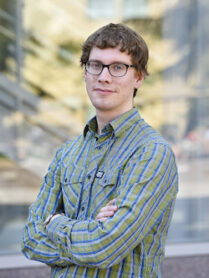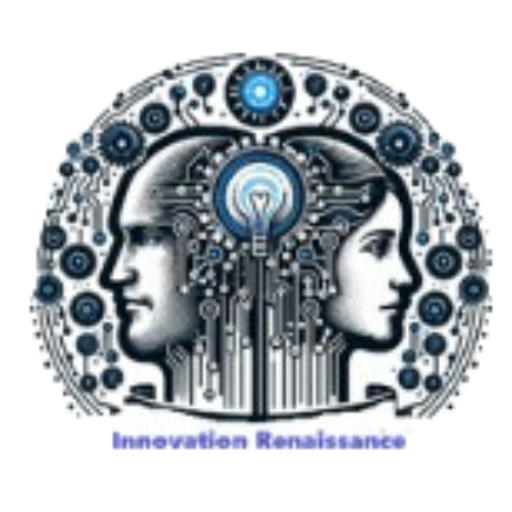Lightning Talk: How human-AI collaboration will improve mental health care
Presenter: Dr. Tim Althoff, Allen School of Computer Science & Engineering, University of Washington
Abstract:
Access to mental health care falls short of meeting the significant need. More than one billion individuals are affected by mental health conditions, with the majority not receiving the necessary treatment. In this talk, I will describe how human-AI collaboration, critically enabled by language models, can improve access to and quality of mental health support. Lacking access to professional care or complementing it, millions of people turn to online peer support communities. While potentially highly beneficial and significantly more accessible, peer supporters are rarely trained in providing effective support.
To train peer supporters, we developed a human-AI collaboration tool that teaches how to express empathy effectively, leveraging language models and reinforcement learning. A randomized trial with peer supporters from Talklife, the largest peer support platform globally, demonstrates that actionable, just-in-time AI feedback leads to conversations with higher empathy, outperforming traditional training methods. We further demonstrate how a human-AI collaboration approach can teach individuals how to reframe negative thoughts. Enabled by recent advances in language models, this approach makes the evidence-based intervention of cognitive restructuring widely accessible and easier to engage with. Findings from a randomized field study on the Mental Health America platform with over 100,000 participants, demonstrate far superior engagement and completion rates compared to a non-AI-supported intervention and inform psychological theory regarding which types of reframes lead to a range of positive outcomes.
Presenter Bio:
 Tim Althoff is an assistant professor in the Allen School of Computer Science & Engineering at the University of Washington. Tim’s research seeks to better understand and empower people through data and computation. Tim holds a Ph.D. degree from the Computer Science Department at Stanford University. His work has received various awards including WWW, ICWSM, ACL, and IMIA Best Paper Awards, the SIGKDD Dissertation Award 2019, and an NSF CAREER Award. Tim’s research has been covered internationally by news outlets including BBC, CNN, The Economist, The Wall Street Journal, and The New York Times.
Tim Althoff is an assistant professor in the Allen School of Computer Science & Engineering at the University of Washington. Tim’s research seeks to better understand and empower people through data and computation. Tim holds a Ph.D. degree from the Computer Science Department at Stanford University. His work has received various awards including WWW, ICWSM, ACL, and IMIA Best Paper Awards, the SIGKDD Dissertation Award 2019, and an NSF CAREER Award. Tim’s research has been covered internationally by news outlets including BBC, CNN, The Economist, The Wall Street Journal, and The New York Times.
